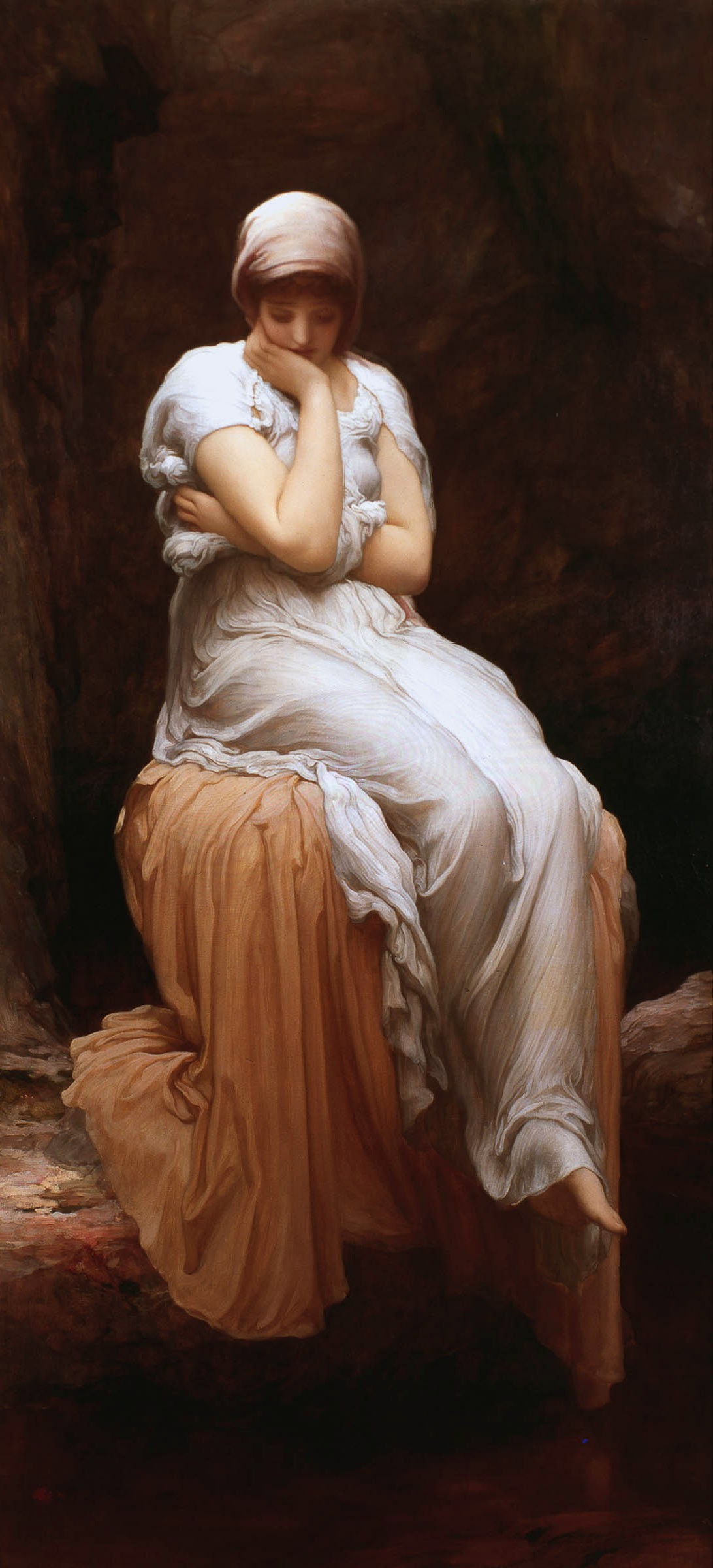Thank you, Dom Eccleston, for a fantastic question; it scrutinizes the stereotype of the isolated contemplative sitting in an ivory tower rationalizing their way through metaphysical and existential puzzles. Questioning things that we take for granted is at the heart of philosophy, and all knowledge-driven endeavors, really. Because I trust that you’ll keep reading, I’ll give you my short answer: no, I don’t think philosophy requires solitude. In fact, I’m willing to go so far as to suggest that philosophy never functions solitarily.
True philosophy is a dialogue: it’s the presentation and rational scrutinization of ideas. If we look at the history of the Western philosophical tradition, we see this conversation happening constantly. Socrates never wrote anything down but engaged in conversation with the men in the Agora. For this very reason, Plato wrote all of his great works in dialogue form. The Aristotelian corpus is often constructed of notes from his lectures. The Hellenistic schools lived their philosophies out as ways of life. Boethius and Augustine both wrote dialogues and engaged with their Greek intellectual forefathers in their works. When we read texts deeply, we engage in dialogue with the author; think of the vast tradition of commentary from late antiquity through the medieval period. In fact, the works of medieval thinkers like Thomas Aquinas are either notes from the in-class disputations that the Scholastics used to teach and test their students, or are written in such a way as to mimic these disputations, engaging the possible counterarguments to their positions. This practice of disputation continues to this day: we see it when students publicly defend their PhD dissertations.
What about the philosopher who locks herself in her room to write her magnum opus? Though this writing seems to be carried out in solitude, I argue that she is alone only in appearance. She has engaged with the world before entering into this endeavor, learning from teachers and reading other thinkers’ work. When she begins to write, she begins a dialogue with herself; one of the best ways to really work out your ideas is to write them down. She may jot something down today, yet when she reads it again tomorrow, she may totally disagree and change her mind. To me this is a dialogue, and it is where the real work of philosophy is done. What’s more, after she has finished writing her work, she will undoubtedly give it to the world and react to its reception, in which case the written work was not the end of the conversation, but just the beginning. This is, in fact, why Armchair Opinions exists!
What do you think? Does thinking deeply always involve an inner dialogue? Let us know in the comments.
If you have a question for the Armchair Philosophers, don’t hesitate to get in touch. You can find us on Twitter (@armchair_o) or fill in this form.
Be sure to check out our podcast!
If you like what we do, you can support us by buying us a coffee!
Image: Solitude, by Frederick Leighton (circa 1890)
I received a BA in philosophy from the University of Texas at El Paso in 2008. After that, I spent roughly a decade traveling Europe and North America as a touring musician. Now I am working on a master’s in philosophy and philology at the University of Gothenburg in Sweden with the goal of teaching at the university level. Some specific areas of interest include medieval grammar and free will. Michel Foucault’s approach to the history of philosophy has been a huge influence on me, and his work on notions of the self and power structures bring history to the present.


I’ve found that I don’t think I could have grown mentally as much as I have without the help of several people I talked to online over years. I’d say our biases are quite powerful and have a way of tricking ourselves into believing that which we want to believe. Even if we manage to rid ourselves of most of those and as a result think up several genuinely good ideas…that doesn’t mean those ideas will be easily understood by anyone else, and expressing our ideas to others can help us better determine how to explain them. That’s not even factoring in the research that we often depend on others for.
I encourage everyone who intends to dive into anything related to philosophy to find people to discuss your ideas with. It can be in person or online…but I’m not sure we’re actually capable of personal growth without other minds to test us.